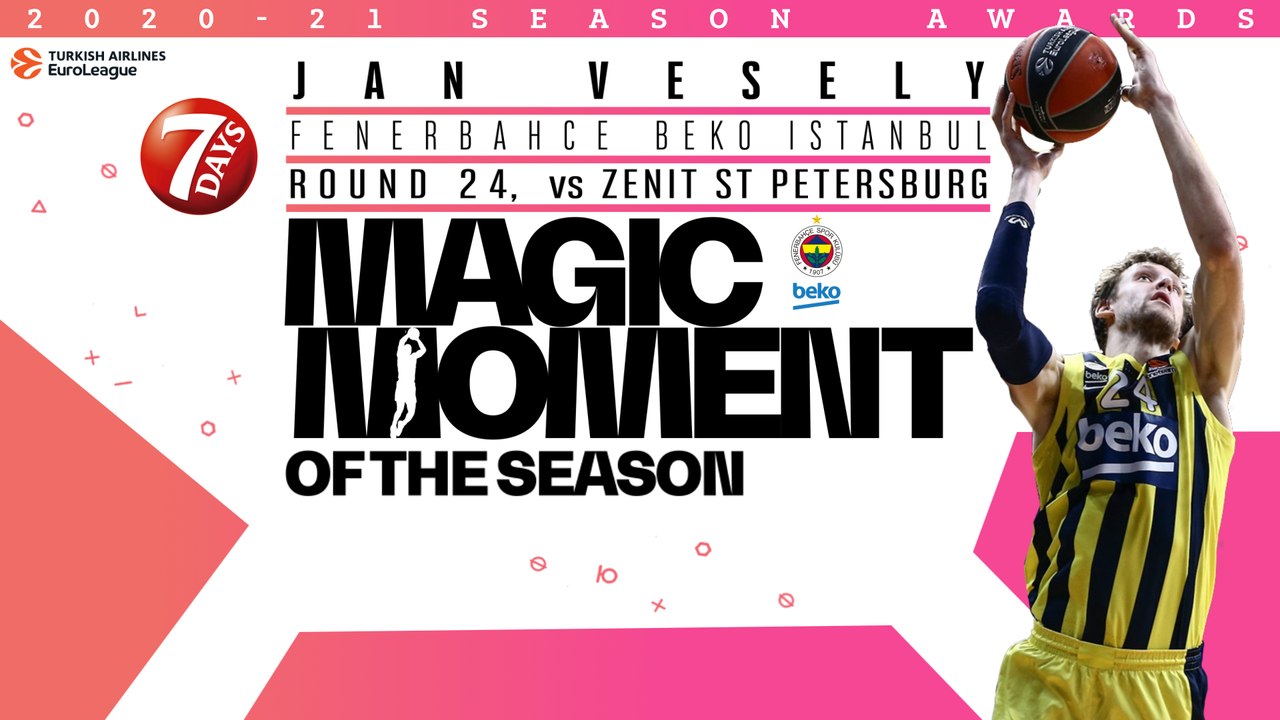Grêmio vs Juventude: A Clash of Rivals
Por um escritor misterioso
publicado em março/12/2025

A detailed analysis of the historical rivalry between Grêmio and Juventude, two of the most prominent football clubs in Brazil.


Grêmio Foot-Ball Porto Alegrense, commonly known as Grêmio, is a football club based in Porto Alegre, Rio Grande do Sul. Founded in 1903, Grêmio has a rich history and is one of the most successful clubs in Brazil. The team has won several national and international titles, including three Copa Libertadores, two FIFA Club World Cup, and numerous state championships.
On the other hand, Esporte Clube Juventude, often referred to as Juventude, is a football club based in Caxias do Sul, Rio Grande do Sul. Founded in 1913, Juventude has had a successful run, especially in the Campeonato Gaúcho, the state championship of Rio Grande do Sul.
The rivalry between Grêmio and Juventude dates back to the early years of Brazilian football. Both clubs have a strong fan base and passionate supporters who are deeply invested in their teams' success. The matches between these two teams are known for their intense atmosphere and high stakes.
Over the years, there have been many memorable encounters between Grêmio and Juventude. One such moment was in the 1999 Copa do Brasil final. Grêmio emerged victorious, winning the tournament and securing a place in the Copa Libertadores. This victory further fueled the rivalry between the two clubs.
Another notable clash between Grêmio and Juventude occurred in the 1996 Copa do Brasil final. Juventude won the title, marking their first major trophy. This victory was a significant achievement for the club and added to the intensity of the rivalry.
Apart from these key moments, the rivalry between Grêmio and Juventude is fueled by regional pride and competition. Being from the same state, both clubs have a strong desire to establish dominance in Rio Grande do Sul football. The matches between Grêmio and Juventude often attract large crowds and generate substantial revenue for the clubs.
The rivalry between these two clubs extends beyond the football pitch. It is manifested in various aspects, such as friendly banter between supporters, social media interactions, and even clashes outside the stadiums. The intense rivalry adds an extra layer of excitement to the matches between Grêmio and Juventude.
In recent years, Grêmio has been the more successful team, consistently competing at the highest level both nationally and internationally. Meanwhile, Juventude has faced relegation and has had to work their way back up to the top division. However, this has not diminished the intensity of their encounters on the field.
In conclusion, the rivalry between Grêmio and Juventude is a significant part of Brazilian football history. The matches between these two clubs are highly anticipated and provide thrilling moments for football fans. The rivalry is fueled by historical moments, regional pride, and a desire for dominance. Whether it's a state championship match or a national competition, the clash between Grêmio and Juventude always promises to be an intense affair.



Grêmio x Santos: onde assistir, prováveis escalações e desfalques da 1ª rodada do Brasileirão

Fiorentina vs Lech Poznan Prediction and Betting Tips
Grêmio and Juventude are two football clubs with a long-standing rivalry in Brazilian football. The matches between the two teams are always highly anticipated and fiercely contested. In this article, we will delve into the history of this rivalry and explore some of the key moments that have shaped it.Grêmio Foot-Ball Porto Alegrense, commonly known as Grêmio, is a football club based in Porto Alegre, Rio Grande do Sul. Founded in 1903, Grêmio has a rich history and is one of the most successful clubs in Brazil. The team has won several national and international titles, including three Copa Libertadores, two FIFA Club World Cup, and numerous state championships.
On the other hand, Esporte Clube Juventude, often referred to as Juventude, is a football club based in Caxias do Sul, Rio Grande do Sul. Founded in 1913, Juventude has had a successful run, especially in the Campeonato Gaúcho, the state championship of Rio Grande do Sul.
The rivalry between Grêmio and Juventude dates back to the early years of Brazilian football. Both clubs have a strong fan base and passionate supporters who are deeply invested in their teams' success. The matches between these two teams are known for their intense atmosphere and high stakes.
Over the years, there have been many memorable encounters between Grêmio and Juventude. One such moment was in the 1999 Copa do Brasil final. Grêmio emerged victorious, winning the tournament and securing a place in the Copa Libertadores. This victory further fueled the rivalry between the two clubs.
Another notable clash between Grêmio and Juventude occurred in the 1996 Copa do Brasil final. Juventude won the title, marking their first major trophy. This victory was a significant achievement for the club and added to the intensity of the rivalry.
Apart from these key moments, the rivalry between Grêmio and Juventude is fueled by regional pride and competition. Being from the same state, both clubs have a strong desire to establish dominance in Rio Grande do Sul football. The matches between Grêmio and Juventude often attract large crowds and generate substantial revenue for the clubs.
The rivalry between these two clubs extends beyond the football pitch. It is manifested in various aspects, such as friendly banter between supporters, social media interactions, and even clashes outside the stadiums. The intense rivalry adds an extra layer of excitement to the matches between Grêmio and Juventude.
In recent years, Grêmio has been the more successful team, consistently competing at the highest level both nationally and internationally. Meanwhile, Juventude has faced relegation and has had to work their way back up to the top division. However, this has not diminished the intensity of their encounters on the field.
In conclusion, the rivalry between Grêmio and Juventude is a significant part of Brazilian football history. The matches between these two clubs are highly anticipated and provide thrilling moments for football fans. The rivalry is fueled by historical moments, regional pride, and a desire for dominance. Whether it's a state championship match or a national competition, the clash between Grêmio and Juventude always promises to be an intense affair.
